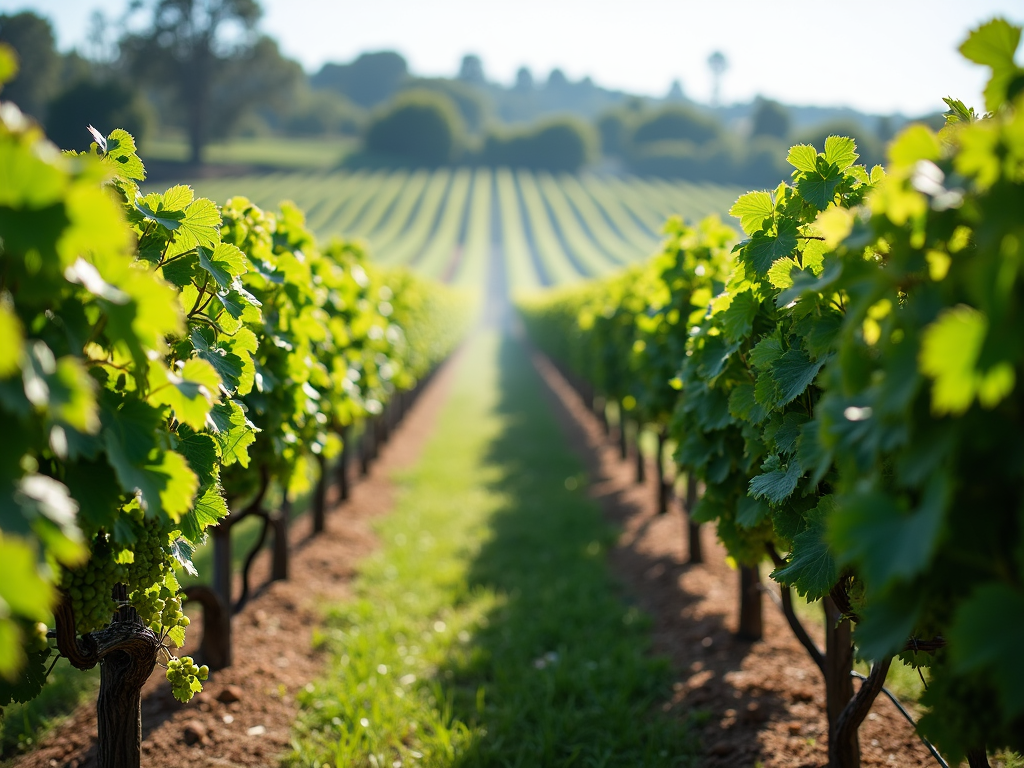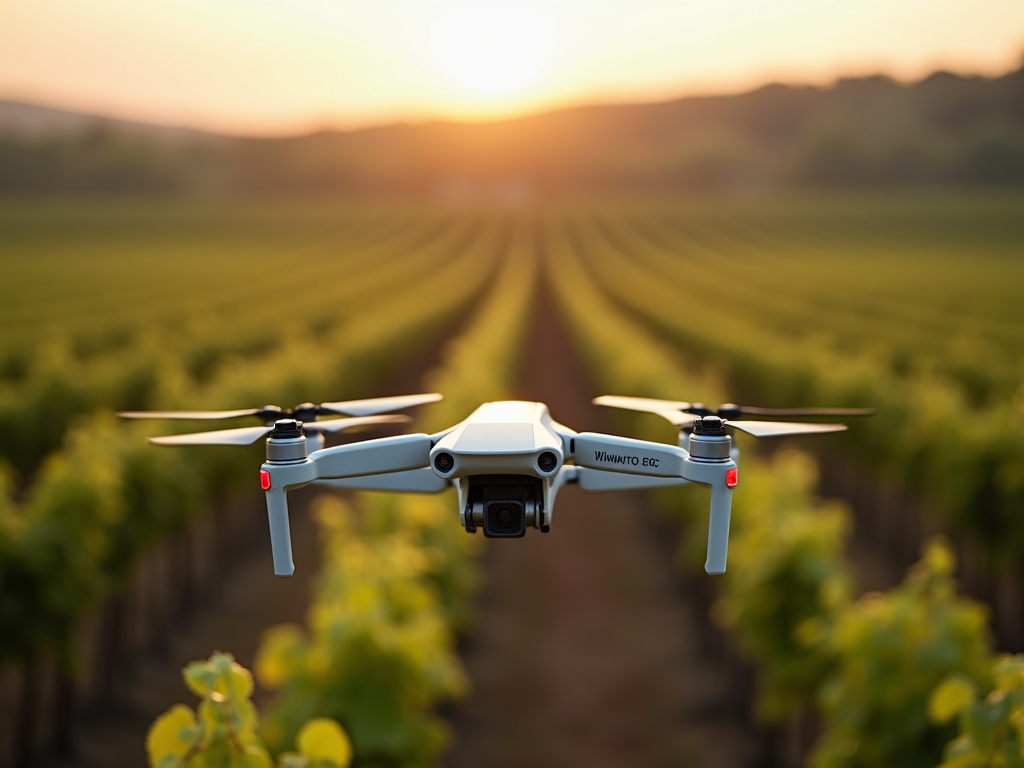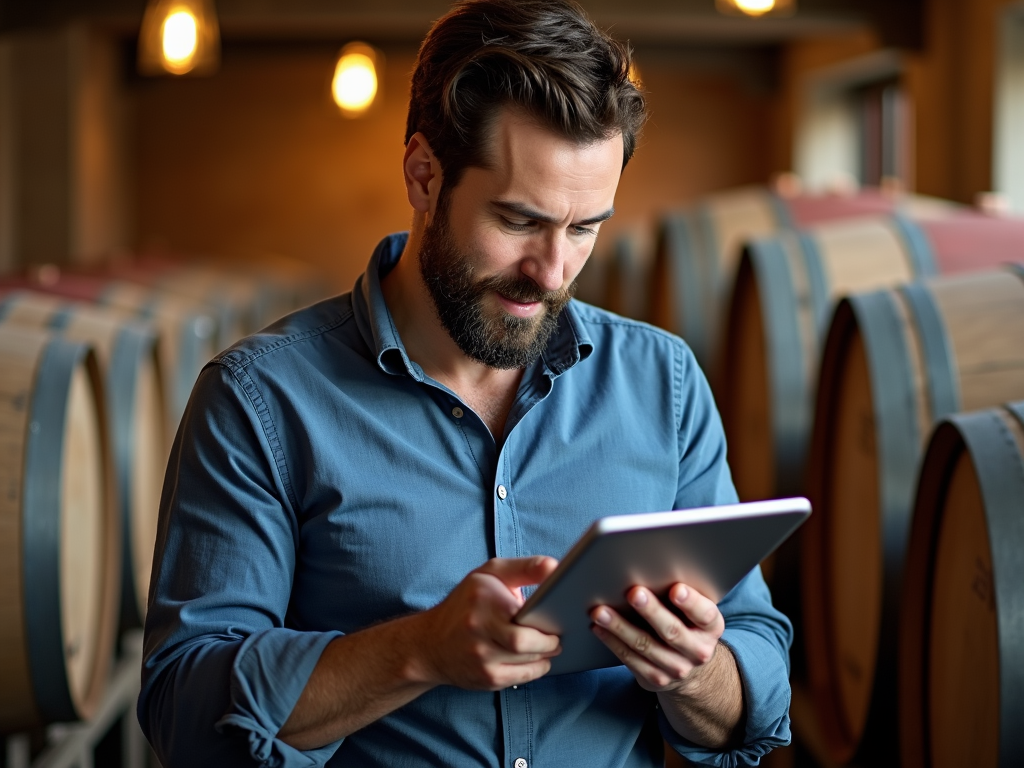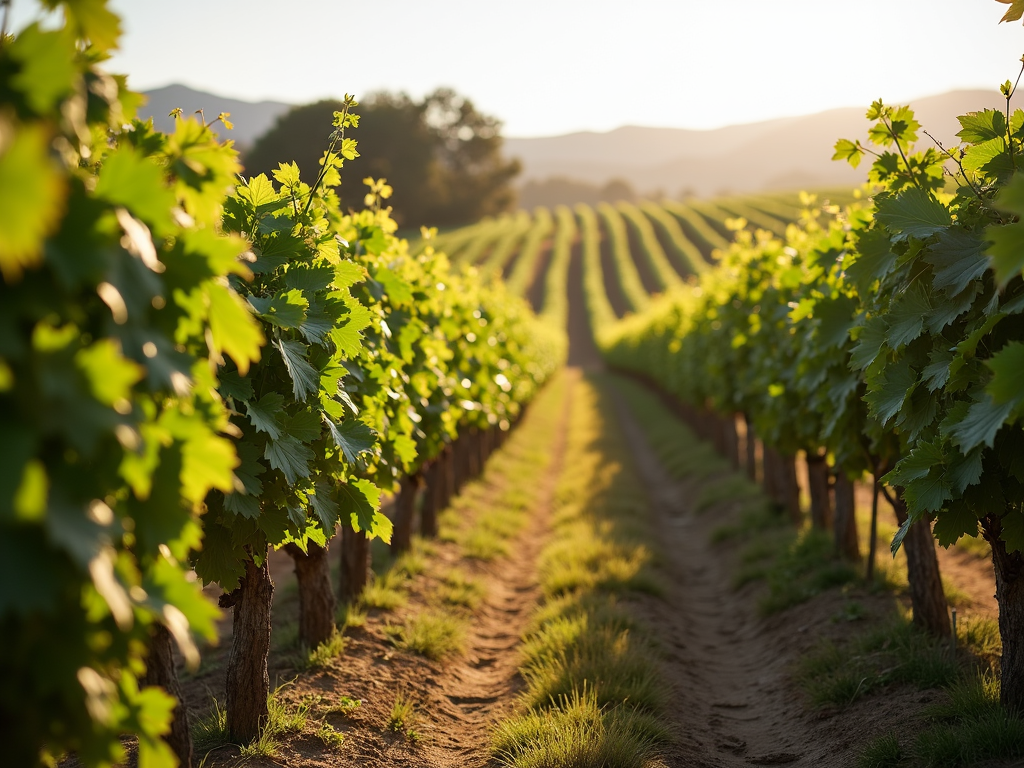Revolutionizing Winemaking: How Technology is Making Vineyards More Sustainable
Sustainability in vineyards is more than just a buzzword; it's a necessity for the future of winemaking. With climate change and resource scarcity looming, vintners are turning to technology to make their practices more eco-friendly. From precision agriculture to AI-powered disease detection, the wine industry is embracing innovation to reduce its environmental footprint.

One of the most critical aspects of sustainability in winemaking is water conservation. Traditional irrigation methods can be wasteful, but technology is changing that. Drip irrigation systems, for example, deliver water directly to the roots of the vines, minimizing evaporation and runoff. Soil moisture sensors provide real-time data, allowing vintners to water only when necessary. This not only saves water but also improves grape quality. According to the Wine Institute, adopting these technologies can reduce water usage by up to 50%.

Drones are another technological marvel transforming vineyard management. Equipped with high-resolution cameras and sensors, drones can monitor vine health, detect diseases, and assess soil conditions from above. This aerial perspective allows for early intervention, reducing the need for chemical treatments and promoting healthier vines.

Artificial intelligence (AI) is also making waves in the wine industry. AI algorithms can analyze data from various sources, such as weather patterns, soil conditions, and vine health, to predict yields and detect diseases early. This proactive approach helps vintners make informed decisions, reducing waste and improving sustainability.

Jackson Family Wines is a prime example of a winery embracing sustainability. With a commitment to organic farming, they avoid synthetic pesticides and fertilizers, promoting biodiversity and soil health. Their use of technology, such as precision irrigation and renewable energy, further enhances their sustainability efforts. By leading the way, they inspire other wineries to follow suit. Learn more about their initiatives in their Sustainability Report.
As we look to the future, the integration of technology in winemaking is not just a trend but a necessity. While challenges like high initial costs and the need for technical expertise exist, the benefits far outweigh the drawbacks. Sustainable practices not only protect the environment but also ensure the longevity of the wine industry. Consumers can play a role by supporting wine brands that prioritize sustainability.
In conclusion, technology is revolutionizing winemaking by making it more sustainable. From smart water use to organic practices, innovations are helping vintners reduce their environmental impact while producing high-quality wine. As the industry continues to evolve, embracing these technologies will be crucial for a greener future.